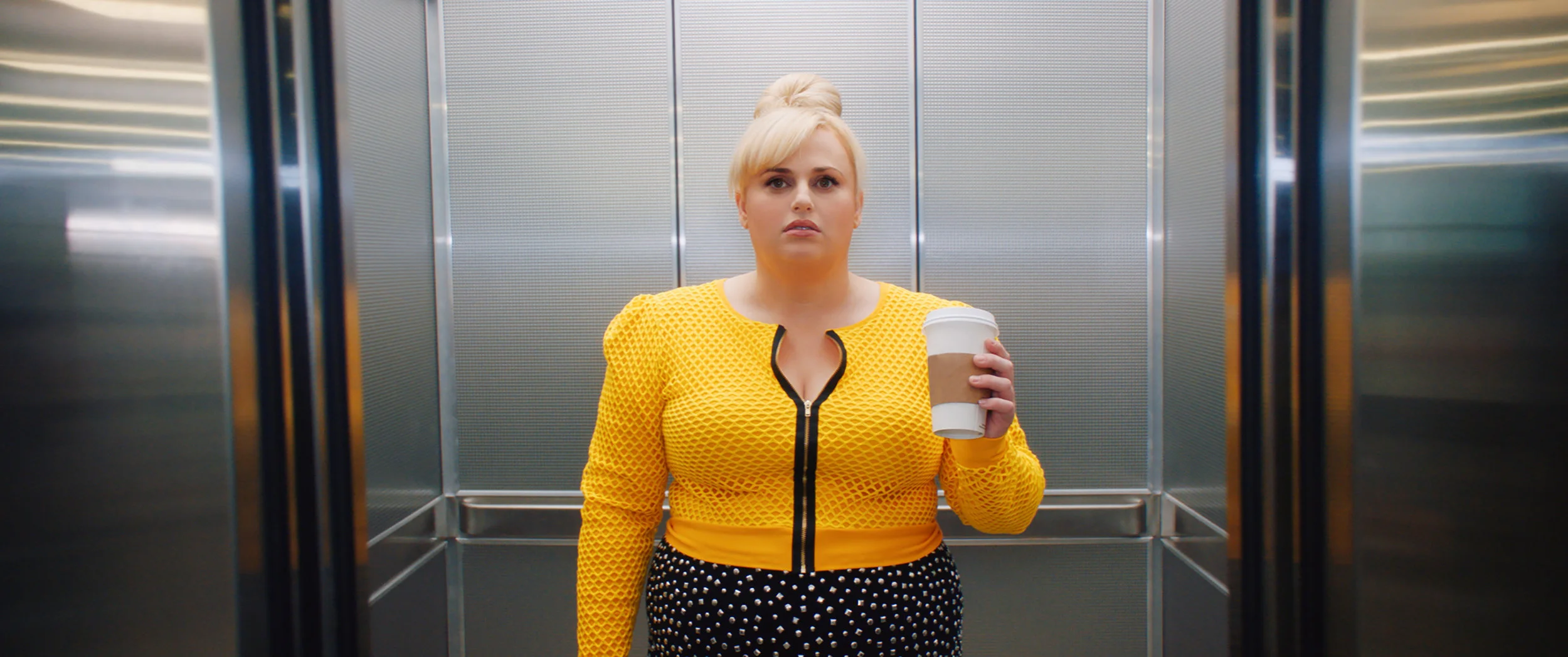'Never Look Away' is an epic, three-hour, three-decade German tale of love and horror
By Andrea Thompson
“Never Look Away” is one of the only movies I've seen that disbelieves its own slogan. As a child, the main character Kurt is told, “Everything true is beautiful,” and he embraces this even as we, and the film itself, knows it to be untrue. A story spanning about three decades and roughly that many hours (so yes, three of them), “Never Look Away” is a complex look at how passivity and our ability to compromise affects the personal and the political.
The film follows Kurt, who is born just in time to witness the dawn of the Nazi Era as a young child in East Germany. His age may not have hit double digits, but he already knows he wants to be a painter. It may be a rough time for artists, but he has his beautiful, angelic aunt Elisabeth (Saskia Rosendahl) to encourage him in his aspirations, and even take him to galleries where people are shown the modern works of art which are now forbidden.
The trouble begins when Elisabeth suffers a kind of mental breakdown and is hospitalized. And with the Nazis in power, mental illness is considered a crime that must be reported to authorities obsessed with genetic perfection. Later on, Elisabeth is unfortunate enough to still be hospitalized when those authorities are discussing what to do with the mentally ill. Sterilization is a given, but death is not a guarantee. Carl Seeband (Sebastian Koch) is designated to decide whether Elisabeth is worth keeping alive, and he not only allows her to be sterilized, he marks her for death, literally, by putting a red mark on her form.
Sony Pictures Classics
Years later, Kurt (Tom Schilling, who astounds in his transformation from wide-eyed idealist to world-weary adult) is an aspiring art student in East Germany, where the Communist government has much of the same views as the Nazis for any piece of art that conflicts with the state-sanctioned truth. In this repressive environment, Kurt meets and falls passionately in love with a beautiful young student named Ellie (Paula Beer), whose father - who she's also mostly defined by - just happens to be Carl Seeband, who's managed to evade punishment and live a prosperous life. The years haven't changed him, since he very much disapproves of his daughter loving a poor artist with family members who suffer from mental illness.
In fact, he is so little changed that he is willing sacrifice his daughter Ellie's body and happiness in pursuit of genetic perfection. When Ellie becomes pregnant with Kurt's child, he lies about it being life-threatening for her. Carl then not only performs an abortion on Ellie, he purposefully ensures it will become more difficult for her to conceive. Rather than this driving Kurt and Ellie apart, it makes them closer, and Ellie starts to face the truth about her father. “A doctor is supposed to heal people,” Ellie muses. “Will I always be at his mercy?”
Perhaps this is why she is willing to leave Communist East Germany for West Germany with Kurt, and support his ambitions to become a true artist. “Never Look Away” doesn't sugarcoat the reality of the artistic environment he finds there. The art school is somewhat ridiculous and self-important, but also freeing, with the students there constantly experimenting with new forms and new ideas. It's just that after so long in a stifling environment, Kurt is no longer sure just what he wants to say.
Sony Pictures Classics
Then again, it's not just the political which threatens to steal his voice. Even escaping to the West doesn't prevent Carl from being a part of their lives. Kurt and Ellie know what kind of man he is, but find themselves unable to act. Even Kurt, who receives more clues about the truth of Carl's role in the death of the beloved aunt he cannot forget, and who eventually plays a key role in the art that brings him fame and fortune, is able to gain almost everything but the ability to consciously face the truth. It's not as if he and Ellie talk or tiptoe around the obvious, they live around it.
Then again, the message of “Never Look Away” isn't exactly defeatist, and even more astoundingly, it never feels long even at three frigging hours. Kurt and Ellie are still able to have a good, happy life, even if his detractors are mostly correct when they state that he, like much of his generation, has nothing to say. It's just that his truth is still able to find a subconscious voice through what Kurt creates, even if his creations will always be somewhat incomplete.
Grade: A-






